Home shopping in the add-to-cart age
March 2020: PR executive Jules Veloso scrambled to pack her things for a planned move to the United States, ahead of the anticipated lockdown in Manila and border closures around the world.
“At the height of the pandemic, I arrived at an empty studio apartment in downtown LA that essentially became my home for the next nine months,” Veloso recalls. “To my delight, moving into a new home effectively introduced me to the joy of decorating a space, shopping for furniture pieces, home decor, accents, accessories and kitchenware.”
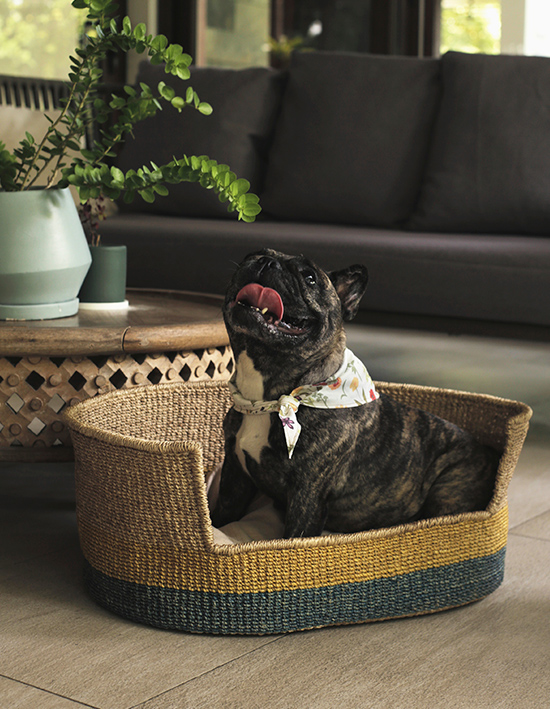
When she wasn’t attending online classes in Data Science at UCLA, where she would methodically examine case studies of ecommerce and platform businesses, Veloso was mulling over her next purchase at home emporiums Etsy, Wayfair, Amazon, Pottery Barn and Williams-Sonoma.
“I spent hours attending online lectures about how Wayfair, a successful online furniture store, shapes its customer experience through big data and machine learning,” Veloso says.
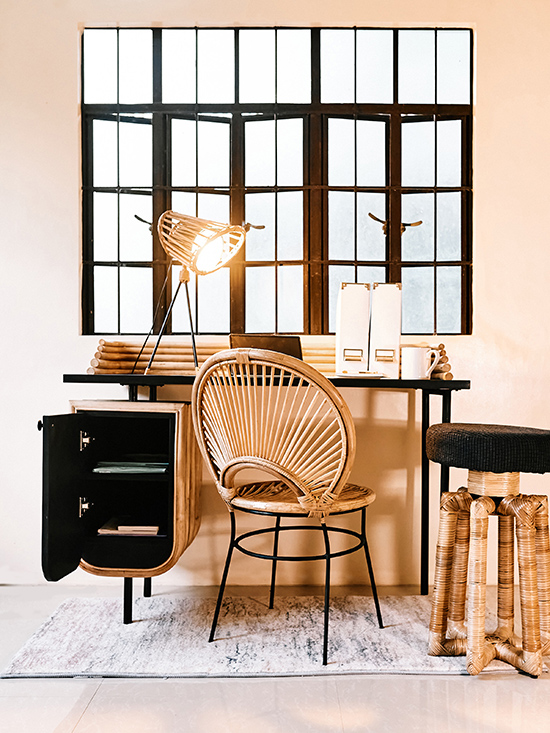
She also learned two things about the Los Angeles lifestyle: that it was all about convenience — “In everything they do, there is a growing demand for ease; driven by technology and on-demand culture, people are largely dependent on media and services that are available at the click of a button, anytime and any place, and they are willing to pay a premium for it.”
Los Angeleños were also obsessed with trends: “Working anywhere near the entertainment community can place tremendous pressure on you to be in the loop for trends, be beautiful, look young and healthy, and stay fit,” Veloso observes. “Los Angeles is the kind of place that encourages creative energy for everything new and trendy.”

After finishing Data Science at UCLA, her plan was to take an MBA in Europe and eventually find work there, but the pandemic moved her homeward instead. She started brainstorming about setting up an online marketplace with friends and now cofounders Andrew Bercasio and Enah Baba, and flew back to Manila in December to build ITOOH’s pioneering team.
“This experience became the backdrop of what turned out to be my pandemic story: starting a new startup venture,” says the former PR exec, who now works for Itooh fulltime.
“In December 2020 I cofounded ITOOH Homestyle, an online marketplace of home furniture, home decor, accents and accessories, art and interior design services. My goal was to inspire thousands of Filipinos to create the home they love and, at the same time, cherish the experience that comes with it. It is about giving people the diversity of quality, vetted home-style pieces through a platform where shopping is easy and convenient.”
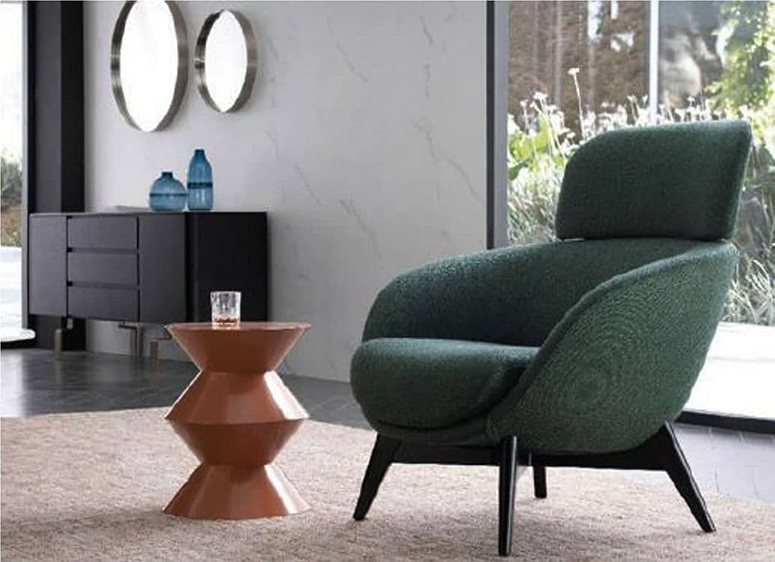
ITOOH (pronounced “ee-two”) comes from the Filipino expression "Ito, oh!" (This is it!), “a celebration of the eureka moment when you finally find something you are looking for.”
“’Homestyle,’ on the other hand, means something that's very simple, practical, and not pretentious,” she adds. “It's a word that essentially means home curation as a lifestyle because we believe that what you put in your house and how you fix your space should be a reflection of your lifestyle.”
Frictionless furniture shopping
The ITOOH Homestyle website is easy to navigate. Classified according to room, you can find a bedframe for your bedroom, sofa for your living room or desk for your home office with a few clicks, which display the item from all angles, list measurements, details and price, and easily add them to cart.
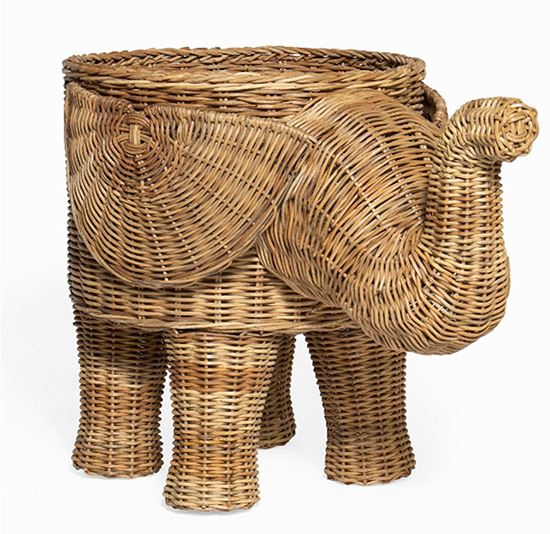
“It's high time we give furniture shopping the tech treatment it deserves, especially for a country where 70 percent of internet users are online shoppers," says Andrew Bercasio, cofounder and COO of Itooh Homestyle. “We also considered the payment options, timely delivery, and excellent customer service as part of the frictionless user experience."
“A comparison shopper’s delight, our marketplace rounds up a world of winning design solutions that cater to every budget and style," adds the third cofounder, head of business development Enah Baba. "With variety as our core differentiator, we are proud to share that our platform offers home pieces discoverable by room, by price, by brand, or style."
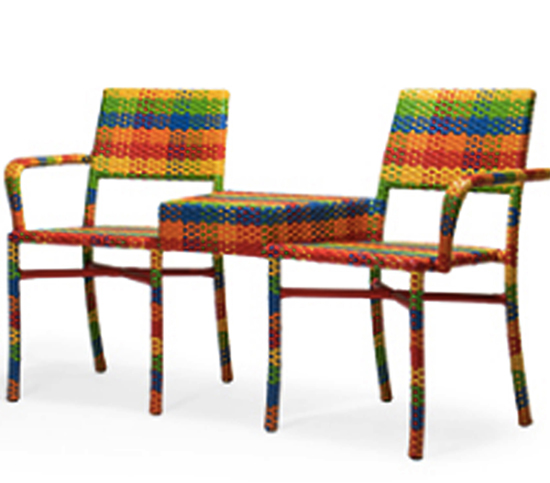
Focus on the Filipino home
It’s also part of Itooh’s brand mission to focus on and promote locally made furniture and home items.
“Our focus is on the local home,” Veloso says. “And we believe that for Filipino homes, a big opportunity lies in incorporating a global approach in designing one's space. That said, we don't exclusively carry local brands; we have a wide variety of brands known for international sensibilities — a product mix that can best those of the international trade.”
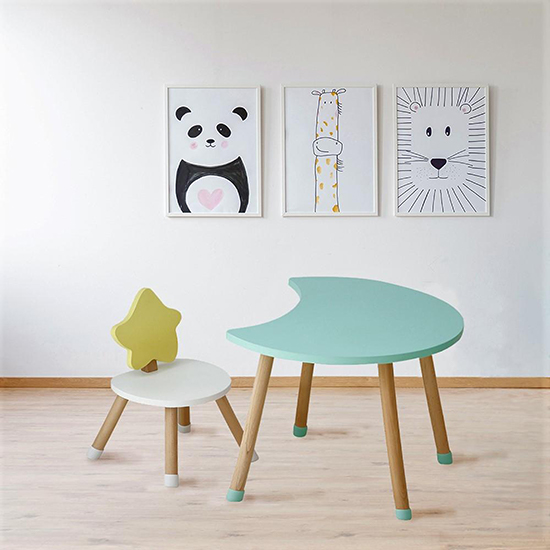
ITOOH’s business development team is composed of interior design graduates who use their expertise in choosing and partnering with merchants known for their quality, functionality, and style, like Artelano 11, Prizmic & Brill, Jed Yabut Furniture & Design, Thomas & George, Fashion Interiors, Travelfund by SiriusDan, and more.
Also part of the inventory are made-to-order items that customers can order according to their specifications, and a price-match policy that guarantees the same pricing for every merchant’s digital storefront.
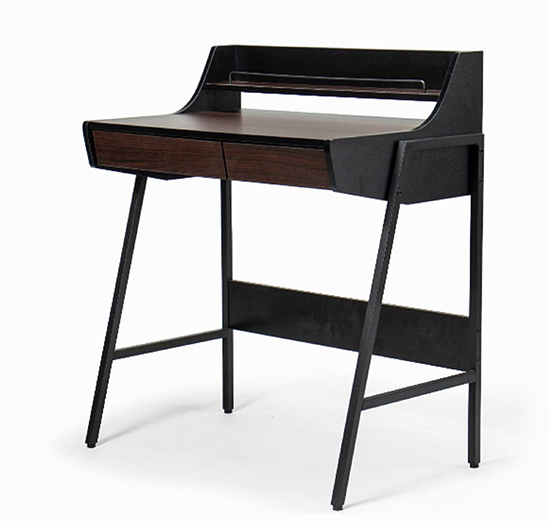
They also offer interior-design services by partner design firm, Grupo Santamaria.
Tech-driven developments
I explored ITOOH's website and was wowed by the beauty of the designs, especially that of our local furniture makers. Prices range from affordable to premium, like I saw a cool study desk by Empty Space Furniture for P3,700.
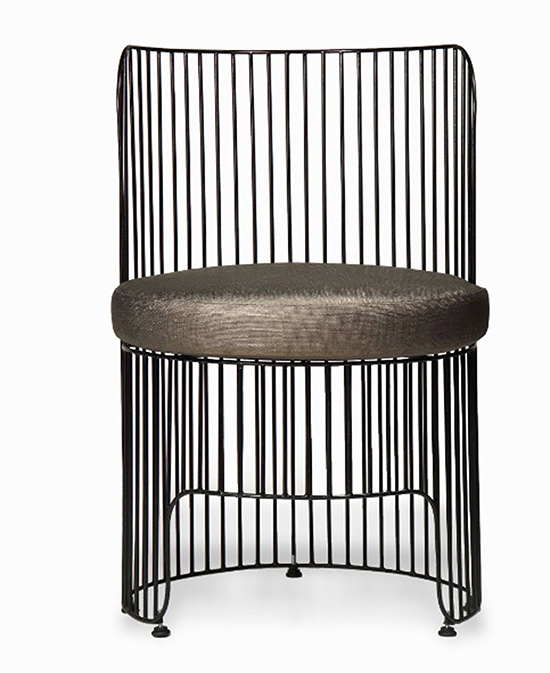
Future expansions include a home design-and-furnishing package for Filipinos abroad, a seamless event registry that makes it easy for celebrants to streamline their gifting, and features like an app, e-wallet and recommendation system.
Another is a planned partnership and discounted pricing for industry stakeholders like interior designers and architects, with the intent of exploring opportunities for bringing interior design to a bigger audience.
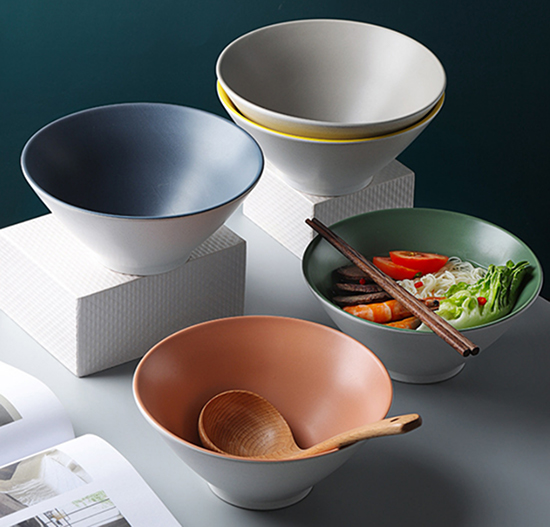
Itooh Homestyle definitely makes home shopping frictionless and convenient in the add-to-cart age.


